Choosing a college isn’t just for the best degree or reputation, but to select the place that resonates with your ambitions and feels like a second home to you. Visiting college campuses before you select one of them can be highly beneficial as it provides a glimpse into college life and academics, and helps you make a better decision.
In this blog post, we talk about the exact practical steps of how you can plan and execute a college visit. We also discuss what to look for in a college and how to reflect and use your observations to make a well-informed decision. By using these tips, you can make your college visit experience more profound and fruitful. So let’s dive in.
Plan Ahead
Before you head out to visit college campuses, you should research and plan meticulously. Each student has different needs, interests, and goals. Listening to others’ experiences and gathering information online is valuable, but doing the research on your own is invaluable.
Here is how to approach this step:
Research College Online
Before you actually visit, get to know about the college online. The following are the right resources that can help you with it:
- College Websites: Visit the official website of the college. It’ll provide you comprehensive information on academics, campus life, and admission process, etc.
- Educational Platforms: Several websites like College Board and Niche provide detailed information, student reviews, and rankings on a wide range of institutions.
- Social Media and Forums: Social media and online discussion forums related to education, like Reddit and College Confidential, provide an unfiltered student perspective on different colleges. So do visit those.
While doing your research, keep your personal needs in mind. The most important thing is what matters to you. Are you looking for a specific engineering program? Do extracurricular activities and communities matter to you? Maybe you want some financial aid opportunities. You should shortlist those colleges that offer the facilities you need.
Schedule Campus Visits
You want to see the college in the most authentic state. Therefore, the best time to visit the campus is during the school year. This allows you to closely look at the real hustle and bustle of student life there. You might have more time to spare in summer, but during these months, the campus atmosphere is quite different from the regular academic year.
Once you’re ready to visit, the following are some tour options that you can consider:
- Official Campus Tours: These are group tours led by a college representative or student ambassador. They give you a presentation and walk you through the campus highlights. The plus point is you get up-to-date information and also get to ask directly from someone familiar with the campus.
- Self-Guided Tours: Some colleges offer apps and maps for you to explore the college. You have the flexibility to visit college even outside the scheduled hours.
- Virtual Tours: It is a relatively new but increasingly popular option. Virtual tours are the best option when physical ones aren’t feasible. They may be in the form of observing simple photo galleries or 360-degree immersive video experiences.
Once you have decided when you’ll visit the campus, it’s time to make the most of that visit. But remember, to have a better idea of a college you visit, at least allow for a half day. Quick tours cannot go beyond just touristic visits.
During the Campus Tour
During the campus tour, you explore the campus community and its facilities. You can ask questions and see if the campus suits you.
Getting Help From Tour Guides
Tour guides are often current students and your direct link to the college life experience. They can give you insights that you simply can’t get from brochures or websites. So it’s important that you ask the right questions. Don’t ask about the things that you can easily find online like college dimensions or courses, try to tap into their personal experiences. You can ask questions like:
- What surprised you the most when you joined this college?
- Was it challenging to secure your top-choice class?
- How would you describe the college community spirit?
You can also take notes during, or immediately after the tour to remember their answers and guidelines.
Exploring Different Facilities
Another important thing to do is to view the college facilities through the lens of your own interests and goals. If you want to major in biology, explore the science labs of the campus closely. If you want to become an athlete, take a closer look at the sports facilities. Explore the places of your interest and see if they are right for you.
The official tour usually walks through the main attractions, but you shouldn’t ignore the off-beaten track. Check out the quieter study areas, the art room at the back of the building, or the often overlooked food court on the official route. These spaces aren’t much publicized but are definitely worth your evaluation.
Networking Opportunites
While you’re walking through the campus, it’s a good idea to make some connections. They can prove valuable in the future in many aspects. You can ask for the email of the faculty members or the departments and send a quick follow-up email thanking them for their time. You can also ask your tour guides if they are comfortable with exchanging contact information.
Alternatively, you can follow the college’s official social media accounts and engage in discussion and comments there. You can also connect with college peers on social media and start building pleasant relationships with them. All such connections can offer you invaluable information and guidance to help you decide your college.
Post-Tour Reflection
After all that excitement of the day and the wealth of information you’ve gathered, the next important step is to reflect on all the insights you’ve received and make the decision.
Organize Your Observations
Following are a couple of methods that you can use to organize all your thoughts about different colleges.
- Using Spreadsheets: A simple method is to create a spreadsheet with different categories like academics, campus, culture, facilities, and financial aid offers. Rate each aspect of the college based on your observations, impressions, and notes. This can provide you a visual layout of data and comparing and contrasting different colleges would be much better this way.
- Pros and Cons List: For each of the colleges you’ve visited, make a detailed pros and cons list based on your information. This way you have more clarity and you can weigh each college according to your preferences.
Immediate reflections, right after the tour, are also of great value. After each campus visit, set aside some time to jot down your immediate feelings and impressions of this particular college. What stood you out? How did the campus atmosphere make you feel? Did you feel any sense of belonging? These fresh insights are very telling later on when you look back and compare all options.
 Final Words-Making the Decision
Final Words-Making the Decision
Choosing your college should start with researching the colleges, then visiting the campus in person, and finally reflecting on your thoughts and observations about the college. When you have all the data of the different colleges, their pros and cons, and their different aspects listed, it’s time to choose the one college that fulfills most of your needs and preferences.
The ultimate decision of the college is always based on your preferences. The campus that offers the same courses you intend to take, has similar sports communities that you wish to join, and has an atmosphere that makes you feel you belong there, is your college of choice.
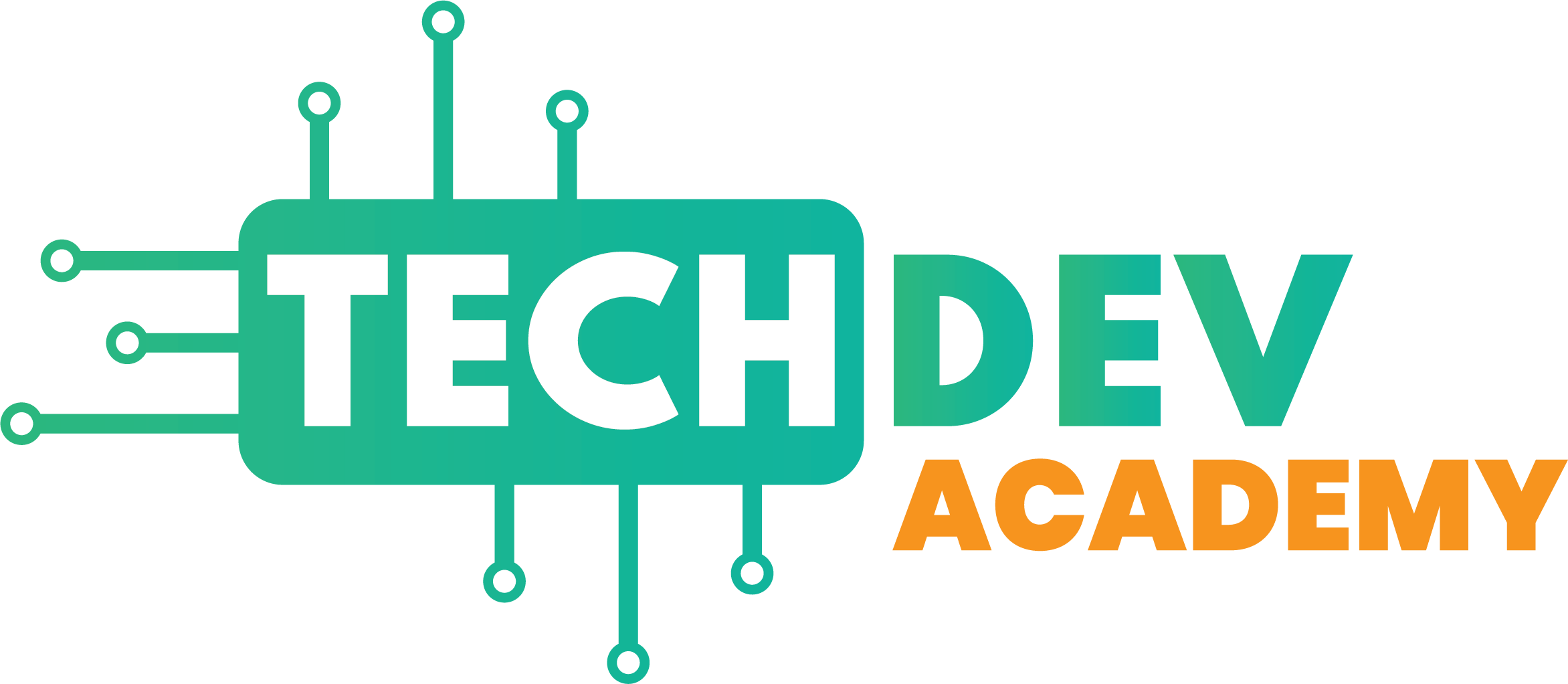
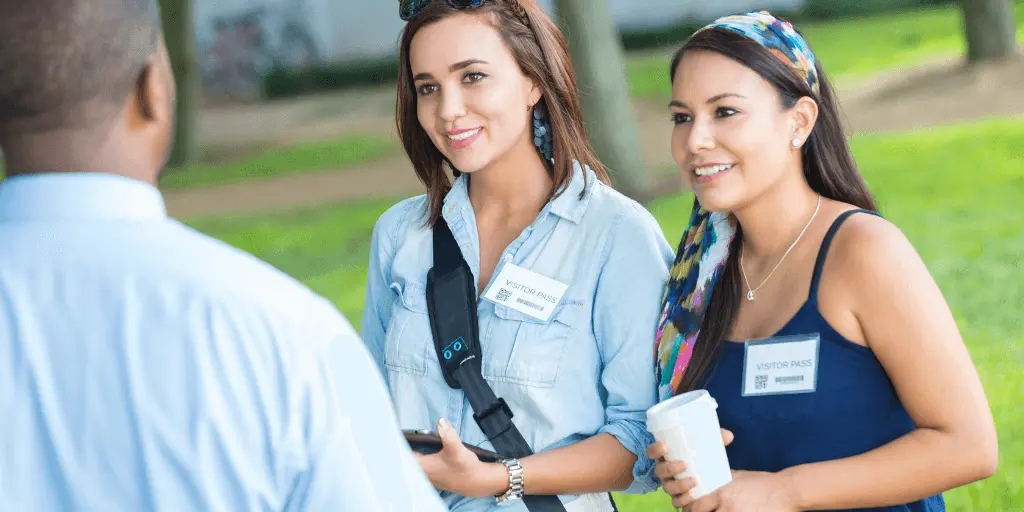
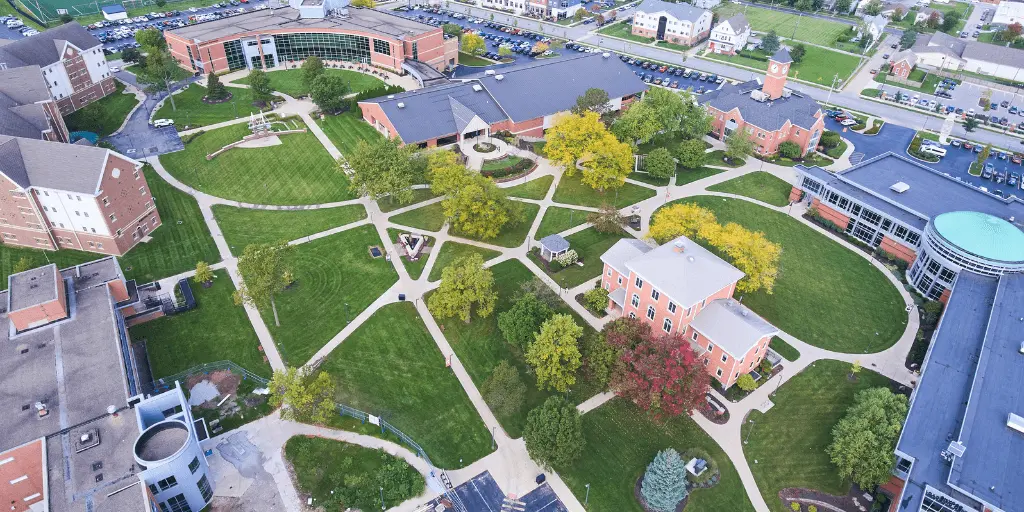
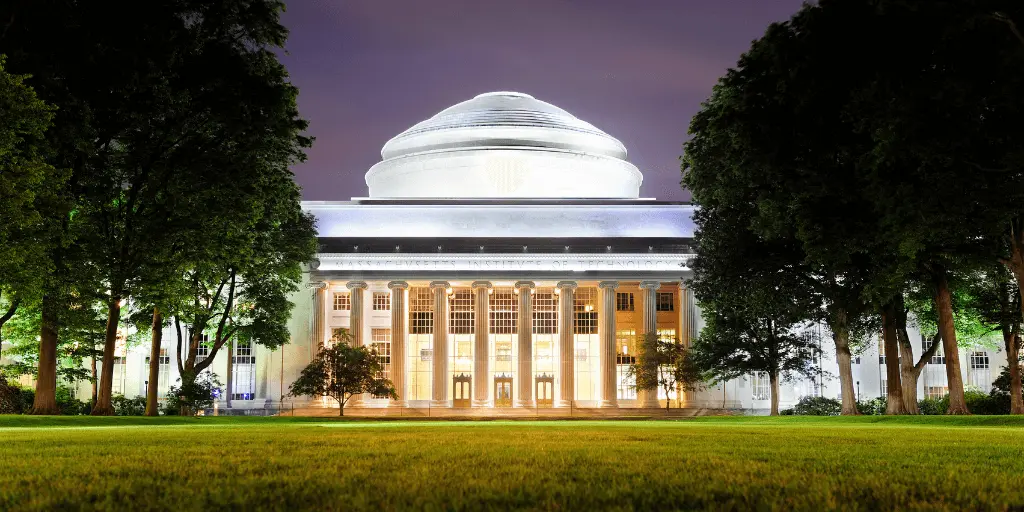
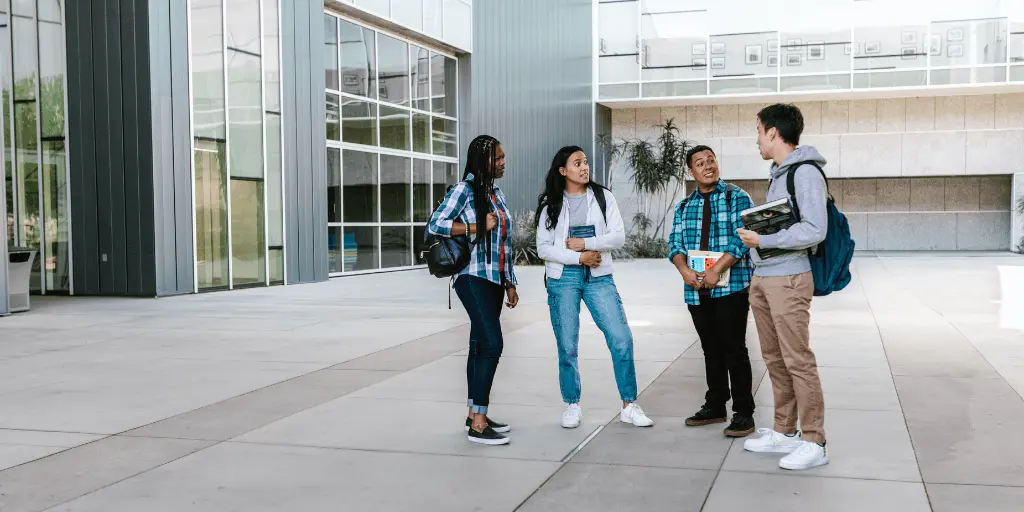
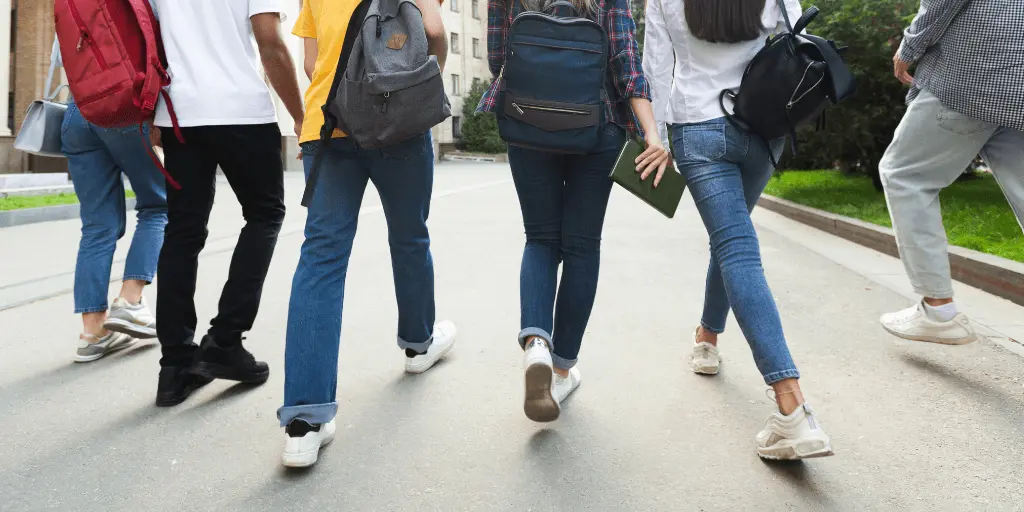 Final Words-Making the Decision
Final Words-Making the Decision